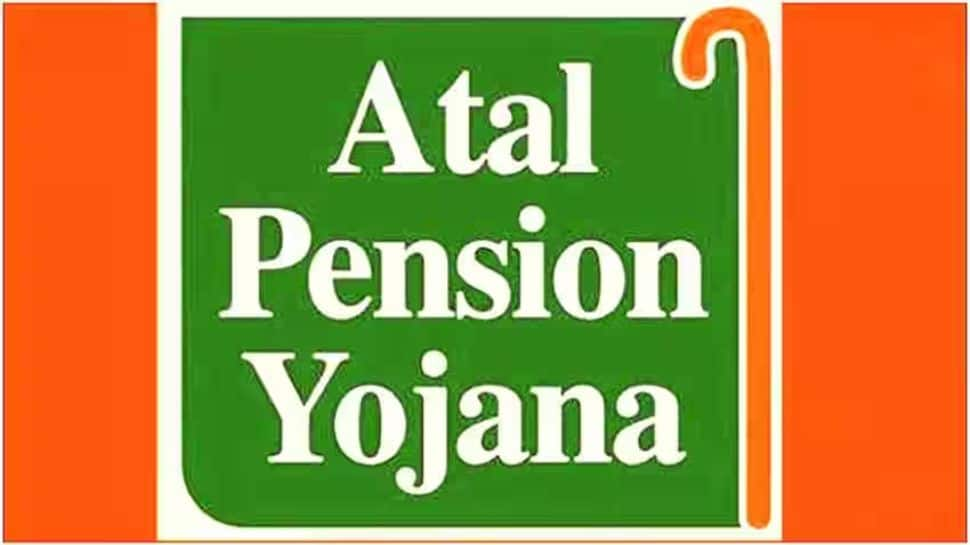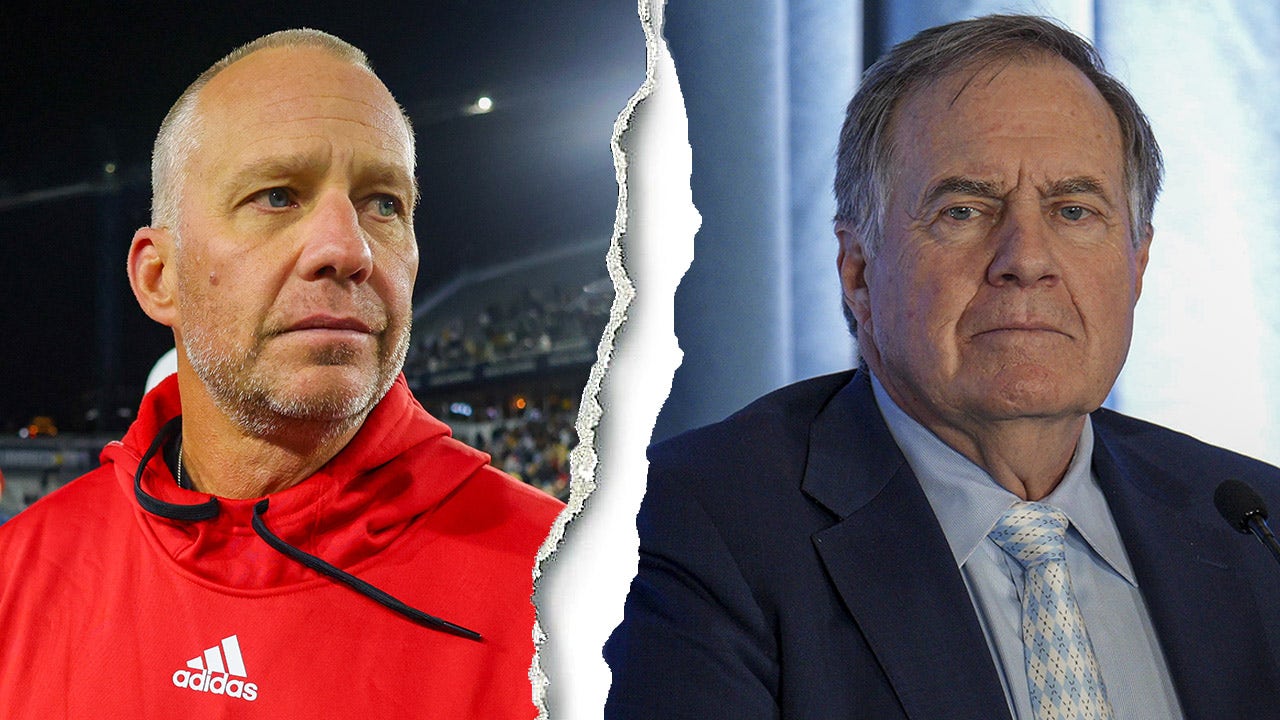Pensioners could receive an inflation-busting state pension increase next year, which could re-ignite the debate around the sustainability of the triple lock, experts have said.
Under the triple lock, the state pension usually rises each April by inflation, wages or 2.5% – whichever is higher.
Office for National Statistics (ONS) figures released on Wednesday showed that Consumer Prices Index (CPI) inflation was at 6.7% last month.
But wages have been rising at a higher rate, with a figure of 8.5% now being expected to be used to calculate the state pension rise.
A Department for Work and Pensions spokesperson said: “The Government is committed to the triple lock. As is the usual process, the Secretary of State will conduct his statutory annual review of benefits and state pensions using the most recent data available.”
As the average earnings figure published last month is higher than 6.7%, state pensioners are set to benefit from an inflation-busting 8.5% rise, taking the new state pension payment to £11,501
Dean Butler, Standard Life
Later, Downing Street refused to guarantee that benefits would rise in line with inflation or that the triple lock for pensions would be based on earnings including bonuses.
The Prime Minister’s official spokesman said: “The Secretary of State has to conduct his statutory annual review of benefits and state pensions using the most recent data, including, obviously, today’s figures. So that process will take place.”
Pressed on why he could not say benefits would rise in line with inflation, he said: “I simply wouldn’t get ahead of the process.”
On the triple lock, he said: “We do remain committed to the triple lock and we will ensure the state pension continues to provide security and dignity in retirement for millions of people across the country, whilst obviously ensuring it is sustainable and fair across the generations.”
Myron Jobson, senior personal finance analyst at interactive investor, said: “This inflation reading is significant because it is expected to be used to uprate inflation-linked benefits, such as universal credit, and tax credits in April next year.
“It also confirms that July’s average earnings are set to provide the latest bumper boost to the value of the state pension in the next tax year, which came in higher at 8.5%.”
Dean Butler, managing director for retail direct at Standard Life, part of Phoenix Group, said: “As the average earnings figure published last month is higher than 6.7%, state pensioners are set to benefit from an inflation-busting 8.5% rise, taking the new state pension payment to £11,501.
“There’s still a possibility that the Government will decide to exclude bonuses from the average earnings measure, as has been speculated, but even in that situation pensioners would still experience a 7.8% boost.
“However, it could be a case of ‘be careful what you wish for’ as an inflation-busting state pension will only fan the flames of debate around the long-term affordability of the payment.
“It’s also worth considering the possible tax implications for pensioners. The personal allowance, which is the amount of income you can receive before paying tax, has been frozen since 2021/2022 and currently remains fixed in for quite a few years to come.
“This means that the full state pension payment has grown from 70% of the allowance in 2019/20 to a likely 92% next year, leaving pensioners with only £1,069 of headroom before they begin paying income tax.
“While the state pension is on the up, it’s worth remembering that it still falls short of the £12,800 a single pensioner needs for even a minimum standard of living in retirement, according to the Pensions and Lifetime Savings Association.”
He added: “The state pension remains a lifeline for a great many people who will hopefully feel a little bit better off come the spring.”
With the burden on current workers who pay for the state pension through national insurance increasing sharply, even if the Government refrains from fiddling with the figures this time round, today’s inflation figure will only amplify calls for whoever is in power after the general election to review the triple lock to make it intergenerationally fair
Steven Cameron, Aegon
Steven Cameron, pensions director at Aegon, said: “While an 8.5% increase would be welcome news for state pensioners’ purchasing power, it would do little to quieten the growing concerns that the triple lock in its current form is unsustainable longer term.
“With the burden on current workers who pay for the state pension through national insurance increasing sharply, even if the Government refrains from fiddling with the figures this time round, today’s inflation figure will only amplify calls for whoever is in power after the general election to review the triple lock to make it intergenerationally fair.”
Alistair McQueen, head of savings and retirement at Aviva, said: “Although inflation has held at 6.7% this month, the oldest households continue to be experiencing the highest rates of inflation, at 7.1% on average, according to Aviva’s ‘age inflation’ index.
“This is because older households spend a greater proportion of their budgets on food.
“Food inflation is easing, but remains high.”
He added: “Assuming food inflation continues to ease, the gaps between the inflation being experienced by different ages should continue to ease too.”
Stubborn inflation isn’t necessarily a sign we’re set for a rate hike, but it may well mean rates stay higher for longer
Sarah Coles, Hargreaves Lansdown
Shona Lowe, a financial planning expert at abrdn, said those with savings should “consider how your money can work harder for you, whether that’s by making the most of high interest rates on cash savings, maximising contributions to your pensions to get tax relief or revisiting your investment strategies to make sure it takes into account both your circumstances and the current economic climate”.
The Bank of England has been using interest rate hikes as a tool to quell inflation, pushing costs up for mortgage holders among others.
Sarah Coles, head of personal finance at Hargreaves Lansdown, said: “Stubborn inflation isn’t necessarily a sign we’re set for a rate hike, but it may well mean rates stay higher for longer, and if we get more signs that pressure on prices isn’t easing, it will strengthen the argument around the table that one more hike might be needed.”
She added: “For those coming to the end of a fixed-rate deal and looking to remortgage, these figures won’t bring any confidence that mortgage rates will drop quickly from here.
“If we get more signs of the economy weakening over the rest of the month, we may well see rates hold steady. However, if we get any real surprises on the strength of the economy, or price inflation, there’s the risk of the Bank of England making good on promises to be tough on inflation, and raising rates.
“If a remortgage is due in the next six months, it may be worth locking a deal in now. If rates fall from here, you can ditch the deal and shop around.
“However, if inflation proves stickier than expected and we get another rate rise, you will have a cheaper deal in the bag.”















































